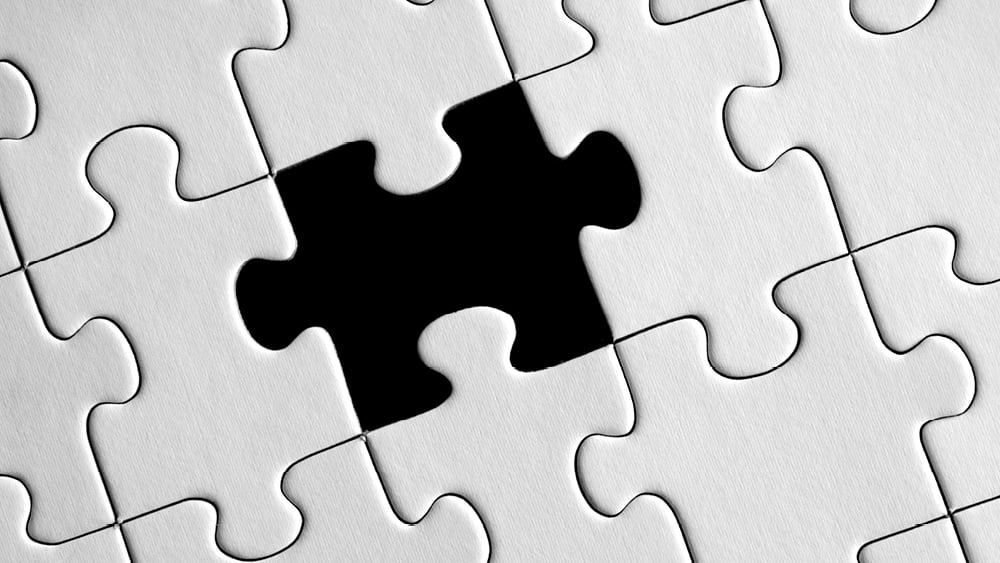Religious protections are the missing piece
Mark Fowler on why belief needs a legal shield
The government’s commitment to a Religious Discrimination Act takes up the centrepiece reform recommendation of the much-awaited Report of the Ruddock Expert Panel on Religious Freedom.
As the Prime Minister recognised in announcing the proposal late last year, a Religious Discrimination Act is of monumental significance for the unfolding project that is modern Australian multiculturalism.
Societies have been grappling with, and defined by, their notions of equality for millennia.
Protection of persons against discrimination on the basis of religious belief is the missing piece in the constellation of Australian equality legislation. Of the five main equality rights recognised in the international law to which Australia is a signatory – being race, age, disability, sex (including sexual orientation) and religion – only religion fails to receive dedicated protection in Commonwealth law.
In its 2017 Periodic Review of Australia, the United Nations Human Rights Committee called upon Australia to address this deficiency. While Shadow Attorney-General Mark Dreyfus QC has indicated that the proposal is “worth examining,” Labor is yet to provide its response. Given the timing, there is a very real prospect that the issue of religious freedom could become an election issue.
At its heart, anti-discrimination law aims to protect an individual’s equality as a human being. This is a notion that we have given much thought to as a nation in more recent times, not only in respect of marriage, but also due to the ascendance of identity politics.
Societies have been grappling with, and defined by, their notions of equality for millennia. Aristotle’s question continues to resonate in our national discussion today: “they admit that justice is a thing and has a relation to persons, and that equals ought to have equality. But there remains a question: equality or inequality of what?”
That these ancient notions find their modern judicial equivalent within anti-discrimination law is perhaps best illustrated by this statement of the European Court of Human Rights: “A difference in treatment between persons in analogous or relevantly similar positions is discriminatory if it has no objective and reasonable justification, that is if it does not pursue a legitimate aim or if there is not a reasonable relationship of proportionality between the means employed and the aim sought to be realised.”
One of the central premises of human rights law is its ability to protect minorities against democratic majorities.
Where the Religious Discrimination Act will have much work to do, then, is in the space of contest between religious manifestation and majoritarian values.
The Religious Discrimination Act necessarily begs the question: how do we define the boundary line of permissible religious manifestation where it conflicts with the rights of others? All Commonwealth legislation must rely upon a constitutional head to constitute a valid exercise of power.
In the vein of existing Commonwealth anti-discrimination law, the low-hanging fruit is the external affairs power. The relevant international protection is contained in the International Covenant on Civil and Political Rights (ICCPR).
Any religious discrimination law will operate as a shield against detrimental conduct and not a sword
The High Court has held that to be a valid statutory enshrinement of an international covenant, an Act must be “reasonably capable of being considered appropriate and adapted to implementing the treaty.” The ICCPR provides that only “necessary” limitations on religious exercise are lawful, pursuant to five permissible grounds: “public safety, order, health or morals or the fundamental rights and freedoms of others.”
As is the case with existing anti-discrimination law protections, any religious discrimination law will operate as a shield against detrimental conduct and not as a sword. In this way, a Religious Discrimination Act can be seen as a guarantee that our shared public life is not neutered of religious expression.
Enfolding religious belief within the Commonwealth regime protecting equality will ensure that our religious diversity and nuance continues to be welcome within our unfolding national story.
A truly neutral, democratic and pluralistic society will seek to most accurately reflect both the religious and non-religious sentiments within its underlying polity by allowing freedom of conscience within not just belief, but also public action.
As the Ruddock Panel recognised, “religious freedom is precious … it needs to be actively preserved.”
Mark Fowler is an Adjunct Associate Professor at the University of Notre Dame and a practising lawyer.



